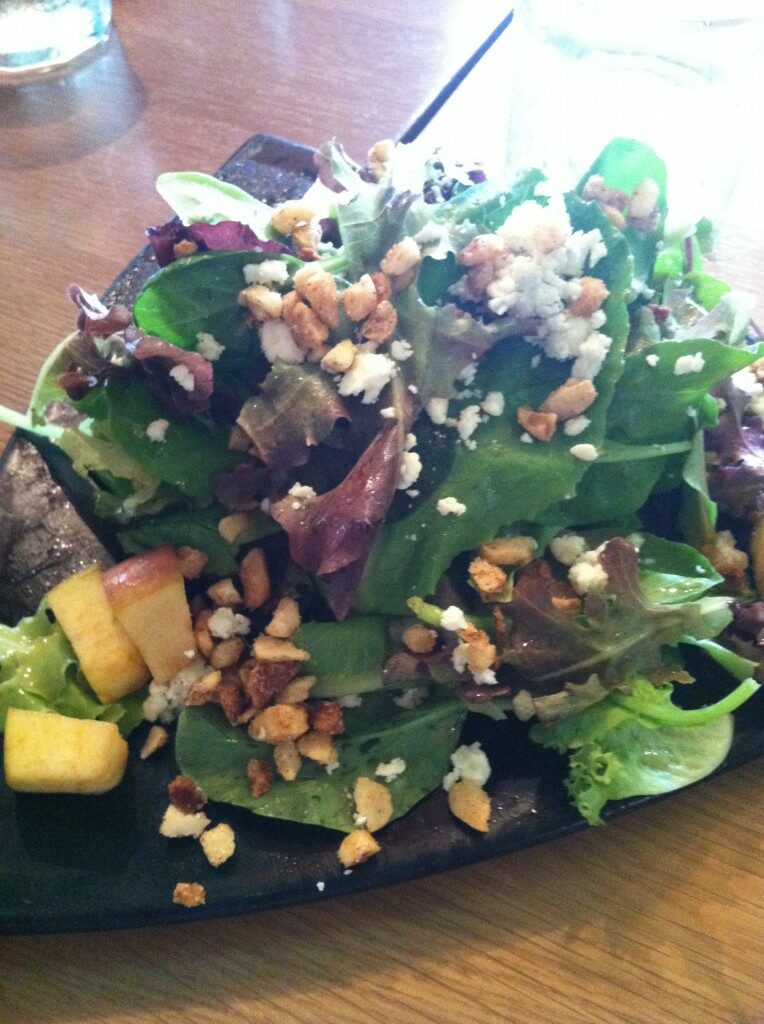You’ve worked hard during the run or triathlon season, and now you are ready to play hard. It’s finally off-season.
Good. It’s important to have a break from focused training and racing.
But, don’t let the next few weeks or months go by without reflecting on the ways in which you can prepare yourself for an even better racing season next year.
The trouble with that word “off-season” is that is suggests we should take “off” completely. While this time of year is marked by the absence of formal competition, it doesn’t necessarily mean that we refrain from all things training or physical.
From our perspective, it’s not so much of an off-season, as it is a season of opportunity to set yourself up for new goals and new PRs for the coming year.
Here’s our top recommendations to take advantage of this season of opportunity.
Recovery first
After your final race of the season, it’s important to take a sustained break from any formal or structured training. It’s good for your body – and your mind.
The length of this break is dependent upon how long your race-focused training season was, and the type of races you competed in. The longer the race season, the longer the races, the longer the break.
This recovery break doesn’t necessarily mean you need to refrain from all things physical, but it does mean you should cut back on your volume and intensity – and maybe even consider doing an activity other than running, biking or swimming.
Blasphemy – I know!
There isn’t a general formula for this, but you should listen to your body. If it feels like you need the time off, then take it. This recovery period is especially important if you were plagued by a nagging injury throughout the season. Now is the time to get it right for next year.
Do something good for your body every day.
Weight Training
We recommend that our athletes do core and functional strength training that works on the key stabilizing muscles throughout the entire year. Yes, this is strength training.
In the off-season, however, we recommend some type of resistance-based training that goes beyond just that of your body weight. In other words: hit the gym and lift some weights–after a few weeks of non-structured training following your last race.
Consider adding a 2-3 month block of weight lifting, that focuses on muscles and movements that are specific to triathlon and running – as well as those that work more of the lateral plane.
Focus on those areas that need more strength than others. Whenever possible, incorporate exercises that work more than one muscle at a time, such as squat, leg press, lunges, lat pull down, seated row, tricep dips, and the like.
TRX is also a good idea for those of you who cannot stand the idea of slinging weights in the gym.
Intensity, Duration, Volume
During off-season, your focus should shift from race-specific intensity, duration and volume training. You cannot (and should not) be race-ready 12 months out of the year. The body needs some down-time.
In terms of intensity, it’s good to incorporate some SHORT high-intensity sessions; however, they should be short in total (60 minutes and under) and short in terms of the intensity (say 60-120 seconds or less). Build in plenty of recovery (in comparison to what you did during race prep). For example, you may do some 2 minutes “on” and 2 minutes “off” style intervals on the bike or in running, or 25s-100s in swimming.
Your overall volume and the duration of individual workouts should be reduced from the base phase of the previous year. This reduction will vary for each individual athlete, based on experience, lifestyle, and future goals.
Focus OR Diversify
For triathletes, the off-season represents a good time to focus on the area that is your weakest discipline. However, we don’t recommend focusing on this one area to the detriment of the other two. While your focus may be on the bike, the swim or the run, you should still incorporate some sessions from the other two disciplines, even if they are short and easy.
For runners, now is the time to diversify with some cross-training. Incorporate some type of physical activity that is not running: cycle, swim, elliptical, hiking, and so on. Truth be told, this is how I became a triathlete. What started as cross-training evolved into just training.
I’m not implying you need to become a triathlete. But, I am saying that cross training will make you a better runner. As a lifelong runner, I made the most significant gains in my running once I became a triathlete. I run less now, to make time for the swimming and cycling, yet I’m a much faster runner than I ever was. I blame the cross-training. 😉
Diet & Nutrition
 There are varying schools of thought regarding diet and nutrition during the off-season. Some coaches say it’s okay to “fatten up”. Others say we should try to stick as close to race weight as possible. We say: it depends on the athlete. Purposefully “fattening up” is not necessarily a good idea anymore than is starving oneself to maintain an arbitrary number on the scale.
There are varying schools of thought regarding diet and nutrition during the off-season. Some coaches say it’s okay to “fatten up”. Others say we should try to stick as close to race weight as possible. We say: it depends on the athlete. Purposefully “fattening up” is not necessarily a good idea anymore than is starving oneself to maintain an arbitrary number on the scale.
We recommend that athletes maintain a good diet throughout the year, which focuses on whole foods, vegetables, fruits, and lean protein. We’re written before about our day-to-day eating, which you can find here.
Because the training volume and intensity will be less, be mindful of portion control, as your daily caloric needs will be less than they were in peak training. Yet, for many athletes, the appetite still remains. Frequently, this leads to unnecessary weight gain.
On the other side, restricting calorie intake too much can lead to injury or illness. Don’t hold yourself to an unrealistic number on the scale. This cycle can become especially dangerous for women, as a combination of reduced energy intake (with or without the presence of disordered eating) leads to a irregular menstruation and reduced bone mineral density – the outcome of which frequently leads to stress fracture.
Off-season is also a great time to have some fun! Play with your other hobbies, remind your friends that you are still alive – and plot your strategy for the upcoming new season.
*~*~*~*~*~*~*~*~*~*~*~*~*~*~*~*~*~*~*~*~*~*~*~*~*~*~*~*~*~*~*~*~*~*
Do you have questions about how you can make the most of your season of opportunity? Contact us for a free initial consultation.
